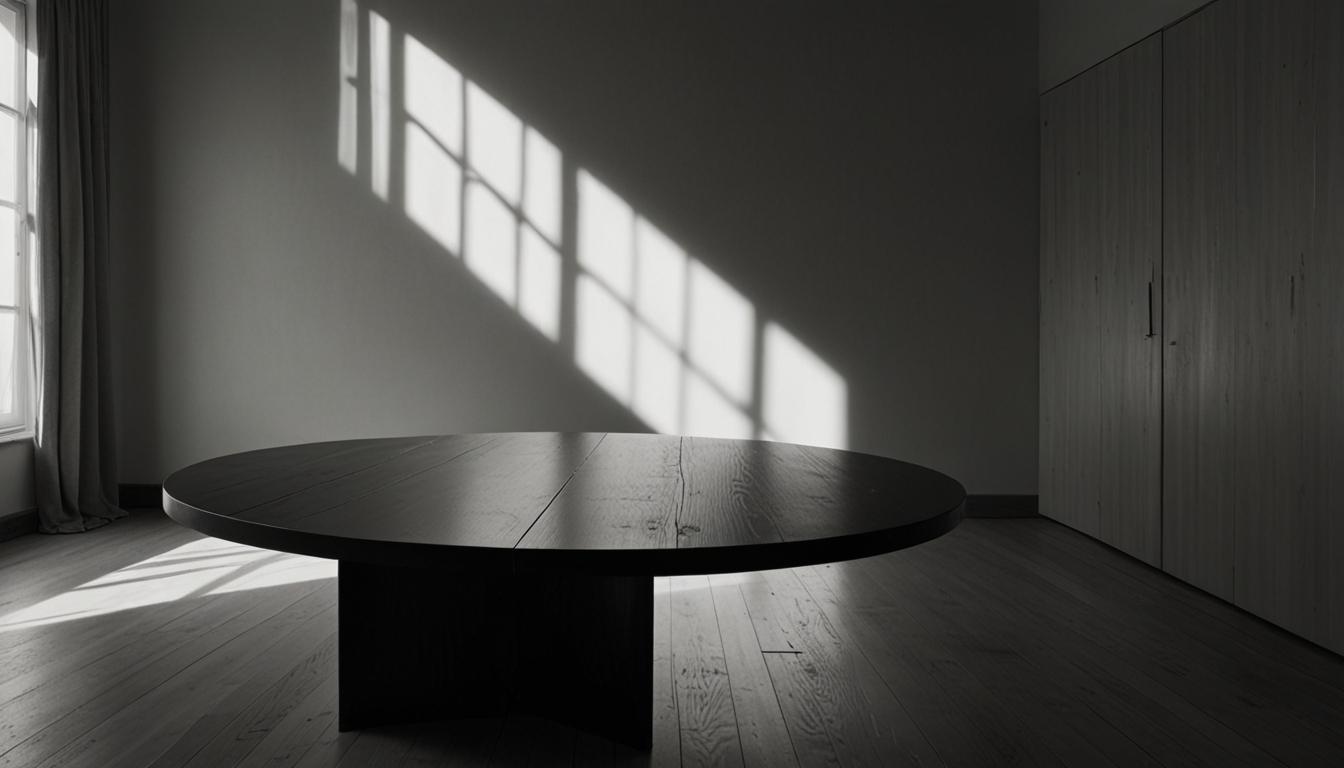Experts highlight how hot weather can impact homes, from structural damage to bacterial growth and fire risks. Learn how to prevent these issues and protect your property during extreme temperatures.
Hot Weather Effects on Homes: Experts Share Insights
Hot weather can significantly impact homes, causing various issues, particularly as temperatures rise and environmental conditions change. Experts highlight several potential problems and advise on how to mitigate these effects.
Materials and Structures
Lisa Grosse, brand manager at Cedral, emphasized that homes in the UK are not well-equipped for extreme temperatures. She highlighted that building materials can expand and contract, with excessive heat pushing them to their limits. For instance, timber facades exposed to constant direct sunlight can bleach, warp, and expand, potentially causing structural damage and leaks.
Bacteria and Mold
Rhiannon Johns, head of brand and interior designer at Piglet in Bed, noted that high temperatures and humidity make soft furnishings susceptible to bacteria and mold. Moisture in the air creates an ideal breeding ground for these issues. Johns recommended keeping windows open to allow air circulation and hanging duvets outside to aerate and reduce moisture.
Surface Damage
High heat can affect decorative items in homes. Johns pointed out that candles can melt, causing damage to tablecloths and surfaces. To prevent this, it’s advisable to move candles away from direct sunlight and high-temperature areas.
House Fire Risks
Mirrors can pose a fire risk if direct sunlight focuses through them, creating hot spots on flammable surfaces. Johns suggested keeping blinds closed when away from home and monitoring the placement of mirrors to avoid direct sunlight contact.
Humidity
Becky Lane, CEO of Furbnow, discussed how increased humidity during hot weather impacts indoor air quality by reducing air circulation and causing pollutant build-up. To combat this, she advised using fans or creating breezes to improve air flow. Permanent solutions include installing A/C units or ventilation systems.
Johns added that high humidity can warp wooden furniture and damage artwork by causing condensation. Regular use of dehumidifiers and moisture absorbers can help maintain appropriate humidity levels.
By understanding these potential issues and taking preventative measures, homeowners can better protect their properties from the adverse effects of hot weather.
